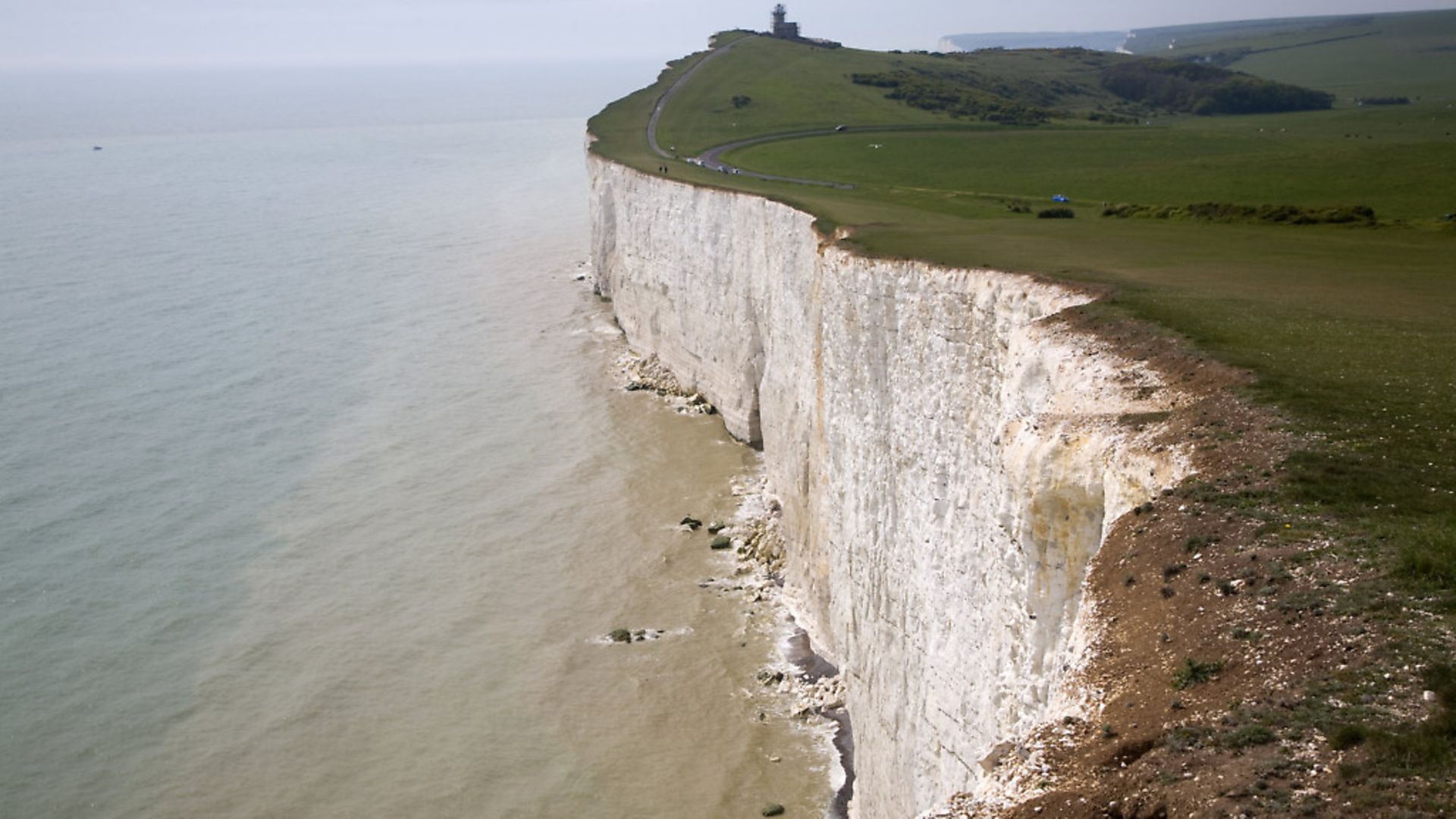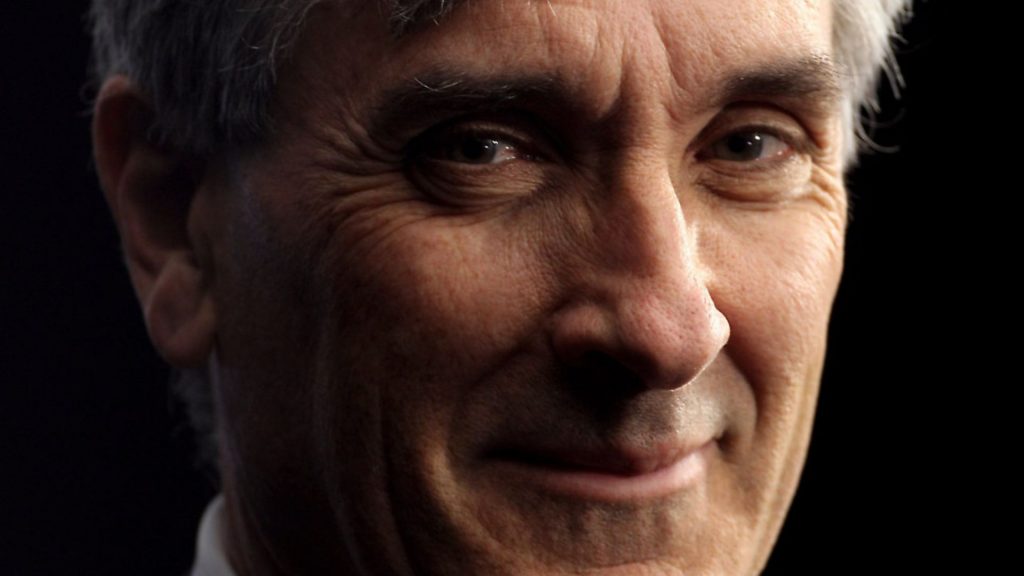
BONNIE GREER on the stubborn strand of irrationality that is the bedrock of Brexit

One of the many things about being an immigrant, a foreigner, is the ability to see another layer of the host nation. Sometimes these revelations come in quick flashes that happen beneath consciousness, things that are necessary to put away because their revelation, their bringing up into the light can be dangerous.
I have always been fascinated by the stubborn strand of irrationality that is the bedrock of Brexit. It seems to go against the notion of ‘common sense Britain’, that national quality that is rightly lauded all over the world. Everyone knows, of course, that the nation is wildly romantic, the principal reason why it is incomprehensible to the French, for example, who are not.
For those of us born in America, Britain is the island that we escaped; a fog-enshrouded scrap of land bordering the North Sea where dragons and spirits and the lack of freedom from the royal hand abound. I have always been told that the North was a place, for example, grounded in reality. Hard, straightforward, unsentimental.
This is true, but I cannot put out of my mind the love that the people of Yorkshire, for example, have for their landscape. To walk with a person from Yorkshire through the countryside, no matter what class, or what work they do, is to come very close to understanding something wild.
A friend of mine, a very busy publisher, lives in the countryside near York, on a farm with horses, chickens, pigs, children and his wife, who teaches their kids at home. He talks about Yorkshire and this mystical place in his mind and his heart called ‘England’.
I watch a lot of documentaries on television. These are largely about the Second World War, the ‘finest hour’ and the ‘Bulldog’ Churchill. You can tell when a nation has run out of stories to tell about itself, run out of the kind of fodder that keeps it going, keeps it being, when all it can talk about is war.
Trump has found the carnival of ‘Make America Great Again’ as he tours The Trump archipelago, that small strip of states through which he captured the White House by a few thousand votes. Then there is Viktor Orban in Hungary, Matteo Salvini in Italy, Marine Le Pen in France; so much of their time spent weaving a national story built out of myth and longing. And these stories and myths are dangerous to investigate; to touch. We immigrants know that more than anyone for the very reason that our existence pushes up against this dream.
We are the contradictions; the terror. And yet we still see.
Then come the brave natives to speak out. Or those who have had enough and feel a duty to warn.
Paul Dacre has stepped down as editor of the Daily Mail, that paladin of Middle England, and Geordie Greig, previously editor of the Mail on Sunday, has taken his place. What is fascinating about this is that Greig is hardly a Brexiter.
Some say that ‘Brexiter’ and ‘Brexiteer’ are two different types of people. Greig may turn out to be a Brexiter, getting on with delivering ‘the will of the people’. Trudging uphill with his sack full of dilemmas, while looking sideways in horror at those ‘Brexiteers’, the ones like Nigel Farage and Boris Johnson, charging headlong, with swords waving, into the void.
Greig has published his regular columnist Peter Oborne’s musing on whether Brexit is actually a form of English nationalism. Oborne asks the question which outsiders must be asking: what is at the heart of the irrationality of Brexit? What drives it?
All of us who campaign for Remain and the People’s Vote know that there is an insurmountable stone wall that is eventually reached, a bridge-too-far: a chasm. This is often called ‘the will of the people’ or ‘democracy’, but this is only the name that this ‘thing’ is given. Oborne knows what the ‘thing’ is, and he is alarmed.
He quotes John Redwood, recently asking, in the House Of Commons: ‘Who in this Government does speak for England? I come into the chamber and hear debates about the Scottish problem and the Irish border, but we must not forget England, our home base for most of us on this side of the House. England expects; England wants better.’
As Oborne writes: ‘Does this mean the rest of Britain can go hang?’
That is exactly what English nationalism means. It is the base note of the song; the secret sauce of the dish. If we look away from this, we cannot understand an important component of Brexit, the grim Brexiters and gung-ho Brexiteers.
The nationalists are in two camps. I have had Giles Fraser, the priest, journalist and broadcaster, urging me to go and listen to what ‘the people’ have to say about Brexit. This implies that Remain people are not ordinary people; or that a kind of listening tour/safari into ‘Brexitland’ can bring us to our senses. This insults both sides of the question, but Brexiters are often caught up in contradiction; for example, they want ‘free trade’ but are willing to throw the nation on the mercies of someone opposed to that concept: the president of the United States. But myths can do that: a myths about England, its exceptionalism, even on the soil that it shares with other peoples.
Oborne’s alarm is that of those of us who can stand outside and watch this pageant. Watch its flying flags and slogans, and scores of hypothetical Stephen Christopher Yaxley-Lennons who rename themselves ‘Tommy Robinson’ and enter the fray that dare not speak its name. What you want – if you support Labour like I do, for example – is to name this. Nail it. But it, too, is caught up in the romance of England, just by another name.
Meanwhile, there is Wales, which voted Leave, but is becoming increasingly aware that it may suffer even more than it is suffering now. There are Scotland and Northern Ireland, who voted Remain. The people of Northern Ireland understand that the Good Friday Agreement is, above all, a truce. Even if the DUP do not. Even if the DUP do not admit that the Agreement was made because someone else was involved besides England. That England was the unreliable one, The Enemy. And now England is pulling that pillar away. And for what?
Oborne points out that the full name of the Conservative Party is the Conservative and Unionist Party. And yet, in their zeal, in their toxic romanticism, many Brexiters and Brexiteers are willing to break it up. If Theresa May was a person of courage she would say this. But she cannot. Because above all, she aims to remain prime minister.
How ironic that those of us who want to stay in the European Union are also the ones who uphold the integrity of the nations of the Union. And their right to dissent. To stand apart. To live in this century.
Not in some mythical past.










